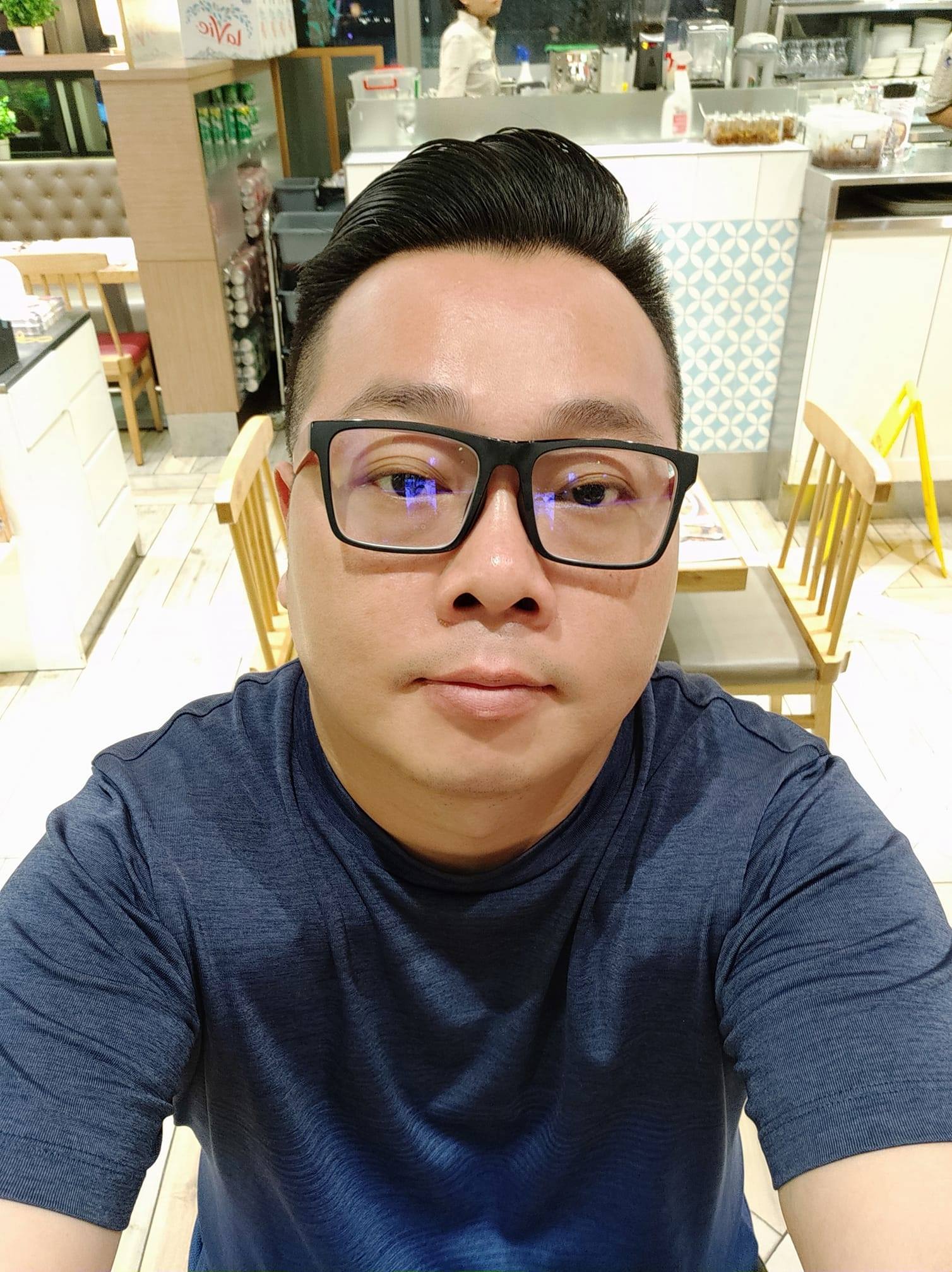Singaporean Yeo Jun Wei, also known as Dickson Yeo, pleaded guilty in Washington on Friday (July 24) to being an “illegal agent of a foreign power” in the United States.
Yeo, 39, will be sentenced on Oct 9 and could be jailed for as long as 10 years.
Two days later, a spokesperson for the National University of Singapore’s Lee Kuan Yew School of Public Policy (LKYSPP) announced that Yeo’s PhD candidature had been terminated with immediate effect.
According to Assistant Attorney-General for the Justice Department’s National Security Division, Mr John Demers: “The Chinese government uses an array of duplicity to obtain sensitive information from unsuspecting Americans. Yeo was central to one such scheme, using career networking sites and a false consulting firm to lure Americans who might be of interest to the Chinese government. This is yet another example of the Chinese government’s exploitation of the openness of American society.”
According to Channel NewsAsia, Yeo enrolled as a PhD student five years ago but took leave of absence last year. At LKYSPP, he did research and wrote about how China treated small states. His thesis, approved in 2017, is entitled “How Does China Treat Small States Of Strategic Value?”
One of his classmates, speaking anonymously, told the BBC that Mr Yeo “was a very active student in class. I always viewed him as a very intelligent person”.
She added that social inequality was a topic he often talked about and that his family experienced financial troubles during his childhood. For her, his guilty plea and the Yeo she once knew were difficult to reconcile.
But a former LKYSPP staff member said otherwise, noting that Yeo appeared to have “an inflated sense of his own importance”.
Retired diplomat Bilahari Kausikan wrote about Yeo in a Facebook post on Saturday (July 25): “This guy used to be a PhD student at the LKYSPP where Huang Jing who was expelled and banned from SG in 2017 for being a Chinese agent of influence also worked. It is not unreasonable to assume he was recruited or at least talent spotted by the MSS there. (MSS is China’s Ministry of State Security).
Afternote: Huang Jing was his PhD supervisor.”
In another post on Monday (July 27), Mr Bilahari sounded a note of caution about China.
“Some Singaporeans tend to be sentimental about China. We should learn from this episode.
“China is not an exceptionally benign country selflessly working for the betterment of humanity’s common destiny as its propaganda claims.
“It is a great power like any other and we should deal with it as such: Engaging it in our interests as we do all great powers, without naivete or illusion.”
New reports about Yeo state he used professional social networking site LinkedIn in his activities. The statement from the US Department of Justice said: “Yeo admitted that he not only provided valuable information to Chinese intelligence, but also that he knowingly recruited others in the US to do the same.”
The tactics Yeo used to target cleared individuals on professional networking social media sites are just one facet of the full-court press China employs on a daily basis to obtain non-public US government information.
Meanwhile, the Federal Bureau of Investigation (FBI) has urged American citizens, especially those holding security clearances, to be cautious when being approached by individuals on social media sites with implausible career opportunities. It warned: “We are committed to holding those accountable who attempt to work for Chinese intelligence and other adversaries to the detriment of our national security.” /TISG
Read related: Visiting scientist at NUS arrested in the US for spying for the Russians
Visiting scientist at NUS arrested in the US for spying for the Russians

